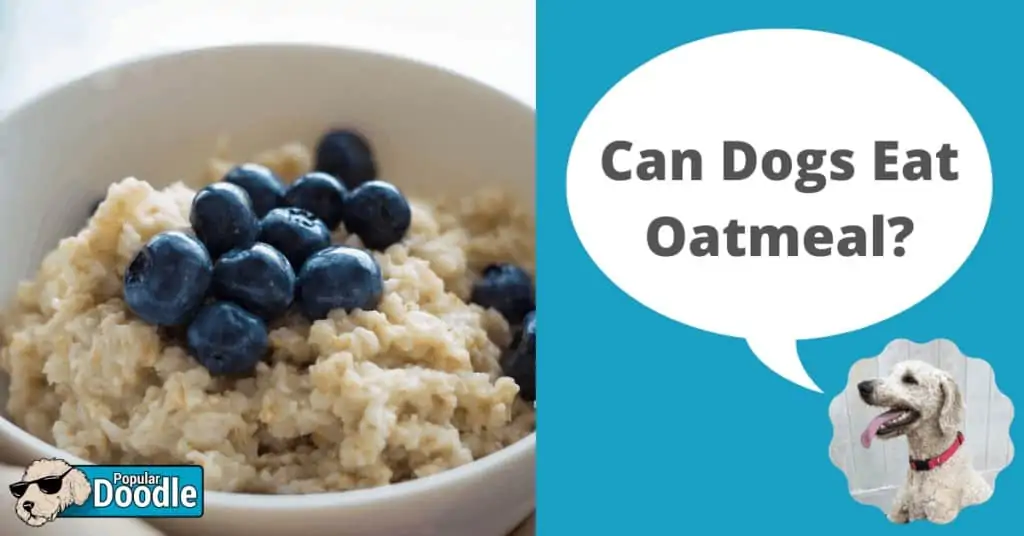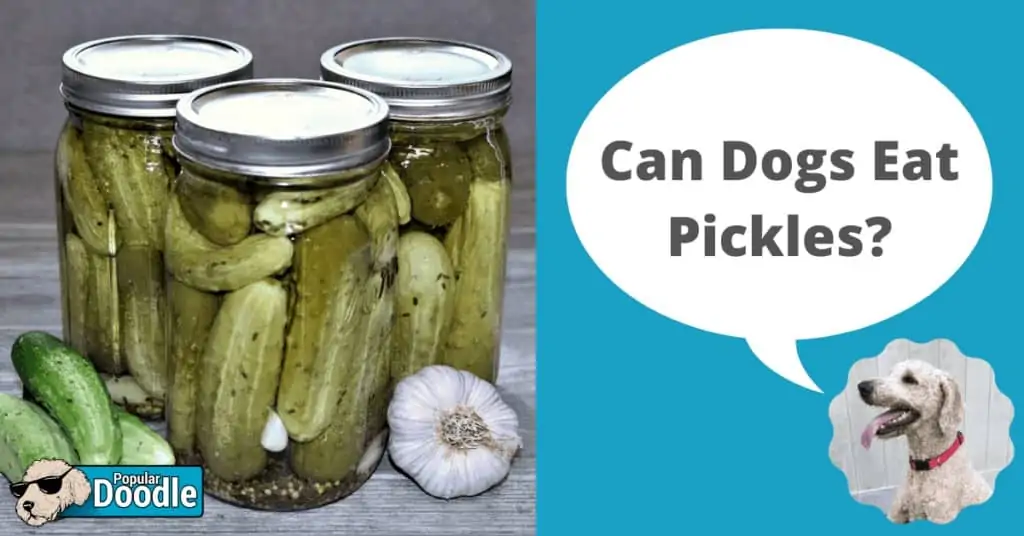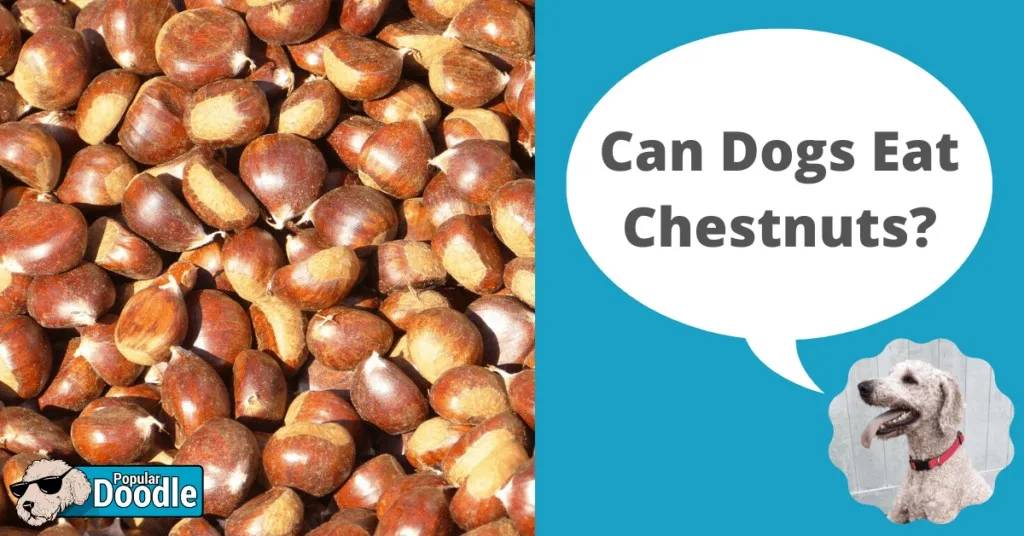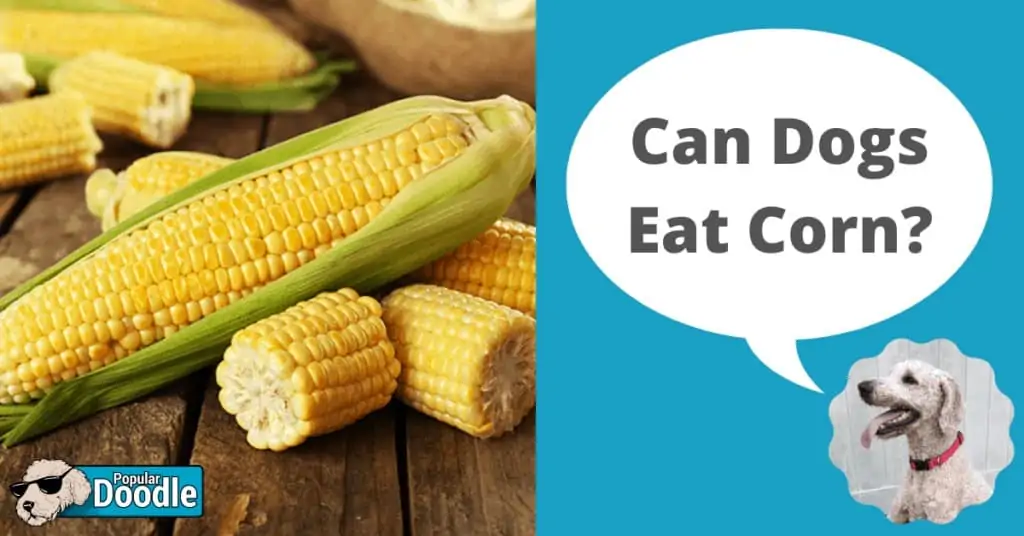
The terms “yam” and “sweet potato” are often used interchangeably, but they’re actually two completely different foods! With a somewhat similar appearance, yams have a more starchy taste, while sweet potatoes, as the name would suggest, have a bit of a sweeter taste. Whether you prefer yams or sweet potatoes, I’m sure your dog would love a bite of both. We already know that dogs can eat sweet potatoes, but now the question is, “can dogs eat yams?” Are yams good for dogs? Let’s find out!
Can Dogs Eat Yams? (The Short Answer)
Yes, dogs can eat yams! They’re a great source of vitamins and fiber and have few calories or fat. These attributes make them a fantastic, healthy option for dogs! To ensure safety when giving some to your dog, the yams must be cooked either by microwaving, boiling, or baking, and should be free of any spices or seasonings. The yams should also be either mashed or cut into small pieces to avoid the risk of choking or intestinal blockage.
It’s important to remember, that even with the best of intentions, accidents happen and dogs can easily eat things they shouldn’t. Unfortunately, even if those accidents aren’t fatal, they can result in huge, unexpected veterinary expenses. That’s why we recommend all responsible dog owners get a free, online pet insurance quote from Healthy Paws.
Are Yams Good For Dogs?
We’ve already answered the question, “can dogs eat yams?” Now, let’s learn about the benefits of feeding your dog this food! Are yams good for dogs?
Yes, yams have lots of health benefits for your dog! Yams are a great source of fiber. In one cup of yams there are six grams of fiber! Why is fiber so important? Fiber helps regulate the digestive tract. Once fiber is eaten, it is fermented into fatty acids by good bacteria and can help ward off bad bacteria. Fiber has also been shown to help the colon recover from any injury.
In addition to fiber, yams are packed with vitamins and minerals, some of which include Vitamin B-6, Vitamin C, Vitamin A, Magnesium, and Iron! Vitamin B-6 is one of the most important vitamins in the B Vitamins group. A lack of this vitamin can contribute to severe anemia. It’s used for so many things from red blood cell and nervous system function to immune response and gene activation. Vitamin C is actually able to be synthesized by dogs in their liver, but a little additionally in their food is not a negative! Vitamin C is an antioxidant, meaning it plays a big role in getting rid of dangerous free radicals, and it can help reduce inflammation. Vitamin A is an equally important vitamin. It’s used for maintaining optimal health of the skin, coat, muscles, and nerves. All of these cannot function properly without Vitamin A.
Turning to minerals, the main ones found in yams are Magnesium and Iron. Magnesium is important because it’s a cofactor. This means that, with the help of other vitamins and minerals, it works to complete a lot of functions. Magnesium specifically helps with the function of hormone function and secretion. It also plays a role in maintaining the proper electrolyte balance across cell membranes. It also maintains calcium movement into the muscles. Just as important is the mineral Iron. Iron’s most important function is oxygen transport in hemoglobin. Iron deficiencies can lead to some pretty serious adverse effects.
Another important contributing factor to the health benefits of yams is the fact that they have few calories and are low in fat. Our dogs should be getting all the calories they need from their normal dog food, so treats shouldn’t be too high in calories or unhealthy weight gain could occur. In one cup of yams, there are less than 200 calories. This means that the bite-sized pieces that you could give your dog don’t have many calories at all. Additionally, there are 0.3 grams of fat per cup! That’s a pretty low number. Too much fat in your dog’s diet can lead to a lot of digestive and cardiac issues. This makes yams a great option to give your dog in moderation.
Another added bonus is that yams are full of dioscoretine, which has been studied by veterinarians and shown to help regulate blood sugar levels. This makes yams a great choice, even for diabetic dogs! Yams also are high in antioxidants which help decrease the risk of getting cancer, because it destroys carcinogens, or cancer-causing agents. Finally, another perk is that yams contain diosgenin which is an anti-inflammatory agent that has been shown to reduce inflammation in dogs with rheumatoid arthritis.
Are Yams Bad for Dogs?
We’ve already answered the question, “can dogs eat yams?” Now, let’s learn about the dangers of feeding your dog this food! Are yams bad for dogs?
No, most yams are not bad for dogs. There are a few things to be cautious of, however.
Some varieties of yams are considered toxic to dogs. These yams contain tannins which is the toxic part of the yam, found in some skins of yams. These are only toxic if eaten raw, so it’s best to never give your dog raw yams. While not all varieties are harmful, some are toxic and most of them can be difficult to digest.
Additionally, if you’re sharing your dinner with your dog, ensure that you didn’t add any spices to your dog’s portion of the meal. Spices can add an additional flavoring to yams, but they’re not necessarily good for dogs. A lot of spices can cause gastrointestinal upset in dogs, and others can actually be toxic. Seasonings such as onion powder or garlic powder are toxic for dogs. A lot of holiday-season recipes that feature yams also include nutmeg. Nutmeg is another ingredient that can be toxic to dogs. It’s best to prepare your dog’s yams separately from your own to avoid any spices possibly being eaten by your dog.
A common risk associated with giving human food to dogs is choking and intestinal blockages. To avoid this, after heating up the yam, you can mash it into a mush or you can cut it into a small, bite-sized piece. This size may vary depending on the size of your dog.
Other Varieties & Related Foods:
Can Dogs Eat Yams or Sweet Potatoes?
Yes, dogs can eat both yams and sweet potatoes. For more information on sweet potatoes and their health benefits, check out our article, “Can Dogs Eat Sweet Potatoes?”
Can Dogs Eat Yams Raw?
No, similar to regular potatoes, cooked yams are usually better to serve to your dogs. Some raw yams contain tannins which is toxic to dogs. Additionally, even if the type of yam you have isn’t toxic to dogs, raw yams are usually hard, difficult to chew, and difficult to digest for dogs. It’s usually advised to cook yams before giving them to your dog, but if for some reason your dog got ahold of a small amount of raw yam, there isn’t reason to panic. Your dog will most likely be okay, but watch out for signs of vomiting or diarrhea which could indicate a more serious problem.
Can Dogs Eat Yams Cooked?
Yes, dogs can eat yams cooked, in fact, it’s recommended! Uncooked yams are hard on the digestive system, and sometimes even toxic! Cooked yams should then be cut into small pieces or mashed before serving to your dog.
Can Dogs Eat Canned Yams?
No, canned yams aren’t the best option for dogs. Canned yams contain a lot of preservatives and sugar which can be harmful to dogs in larger quantities. There is a whole list of reasons why adding unnecessary sugars into your dog’s diet is unhealthy.
Is Yam Skin Safe for Your Pup?
No, it’s best if the skin is removed before serving a yam to your dog. The skin is rather difficult for your dog to digest. By removing it beforehand, you’re reducing the risk of any negative digestive symptoms such as an intestinal blockage, which is possible with yam skin.
In Conclusion: Can Dogs Have Yams?
Yes, dogs can eat yams! Yams provide a lot of fiber, vitamins, minerals, anti-inflammatory properties, blood sugar regulating properties, and so much more! Yams also don’t add a significant amount of calories or fat to your dog’s diet, making it a healthy option. Remember to always cook yams before serving them and to cut them into appropriately-sized pieces or mash them up before serving. As usual, don’t add any seasonings or spices to your dog’s food because dogs cannot tolerate spices like humans can.
What About These Other Foods?
Check out these related articles from our “Read Before You Feed” series for more advice on safe foods for dogs!
- Can Dogs Eat Dates?
- Can Dogs Eat Beef Jerky?
- Which Brands of Cereals Are Safe for Dogs?
- Can Dogs Eat Graham Crackers?
- Can Dogs Eat Mustard?
Disclaimer: We are not veterinarians and this article should not be taken as medical or veterinary advice. If you have any questions about your pet’s health or dietary needs, please contact your local veterinarian.









